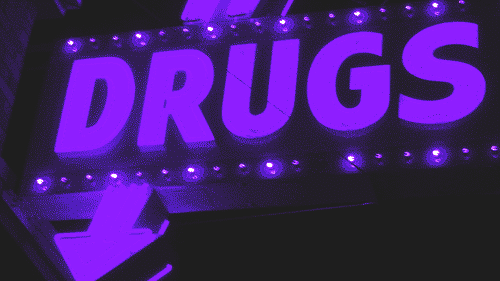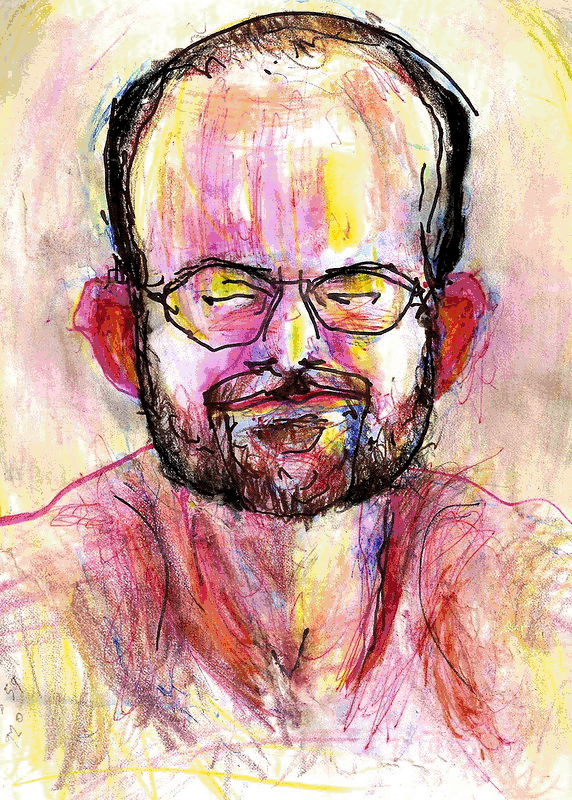

This report is one of three companion
reports produced under the first
study of the “Sustainable development
in the 21 st century” (SD21) project,
an undertaking of the Division for
Sustainable Development of the United
Nations Department of Economic and
Social Affairs (UN DESA). • Detailed review of progress in implementation of
the Rio Principles;
• Detailed review of implementation of Agenda 21;
• Synthesis report on implementation of Agenda 21
and the Rio Principles.
The overarching objective of the SD21 project is to
construct a coherent vision of sustainable development
in the 21 st century. The project, funded by the European
Commission – Directorate-General for Environment,
aims to provide a high quality analytical input to the
Rio+20 conference.

This study is part of the Sustainable Development in the
21 st century (SD21) project. The project is implemented
by the Division for Sustainable Development of the United
Nations Department of Economic and Social Affairs and
funded by the European Commission – Directorate-
General for Environment – Thematic Programme for
Environment and sustainable management of Natural
Resources, including energy (ENRTP).

The United Nations Conference on Sustainable
Development (UNCSD), which will gather UN member
states and other stakeholders in Brazil in 2012, is a key
occasion to take stock of 20 years of action at all levels to
promote sustainable development, and to provide a
clear vision and way forward for the international
community, national governments, partnerships and
other stakeholders in implementing the sustainable
development agenda in an integrated manner.

The SD21 project is built around a series of studies
that will inform a synthesis report, “Sustainable
development in the 21 st century” (SD21). The SD21
body of studies is expected to become an important
analytical and political contribution in its own right.
Studies under the SD21 project will cover the following
topics: assessment of progress since the Earth Summit;
emerging issues; long-term sustainable development
scenarios; tools for managing sustainable economies;
national and international institutions for sustainable
development; and sector assessments.
Implementation of Agenda 21
and Progress in Implementation
of the Rio Principles

The UN Division for Sustainable Development
regularly undertakes reviews of progress made under
the clusters of issues in different CSD cycles, in the
form of both issue-specific (sectoral) reports, so-called
“overview reports”, and trends reports. Since the Trends
report produced by DSD for the World Summit on
Sustainable Development in 2002 there seems to have
been no fully-encompassing review exercise done by
the Division for Sustainable Development.

The study was done by Stakeholder Forum for a
Sustainable Future (SF), under the supervision of
David Le Blanc (UN-DESA). Within SF, Nicholas
Allen, Jack Cornforth, Hannah Stoddart, and Farooq
Ullah participated in the editorial team. Outside
contributors on individual chapters of the report
were Margaret Araujo Dantas, Beth Harrison, Paul
Heigl, Emma Mullins, Brittany Murales, Emma
Norris, Andy Shaw, Jan-Gustav Strandenaes, Sara
Svensson, and Farooq Ullah. Claire Fellini (UN-DESA)
prepared the manuscript.

Various chapters of Agenda 21 have progressed at
different paces. Information on progress and gaps in
the implementation of SD commitments and decisions
exist, but is often scattered. On some of the topics, global
assessments have been undertaken by the international
community (IPCC reports; Global Energy Assessment;
IAASTD for agriculture). Academic institutions and think
tanks often produce reports on specific sectors or topics
(e.g. oceans, renewable energy, climate change).
Short reviews of the state of implementation of various
chapters or clusters of chapters of Agenda 21 were
produced by the UN for the Commission on Sustainable
Development sessions in 1997 (“Rio+5”) and 2001 in
preparation of the 2002 World Summit on Sustainable
Development. These reviews, which were 5-10 pages
long, were produced by the UN agencies in charge
of specific chapters of Agenda 21 according to the
arrangements agreed by the now extinct Inter-Agency
Committee on Sustainable Development.

Twenty years after the Rio summit, this first study aims
to provide an assessment of the progress and gaps made
in the implementation of some of the Rio outcomes,
specifically, Agenda 21 and the Rio Principles.
Implementation of Agenda 21
When it was adopted in 1992 at the earth Summit,
Agenda 21 – “a programme of action for sustainable
development worldwide” as stated in its Introduction,
had the ambition of being “a comprehensive blueprint
for action to be taken globally, from now into the
twenty-first century”. The ambition was high, and so
were the stated goals of the Agenda:
• improving the living standards of those in need;
• better manage and protect the ecosystem;
• bring about a more prosperous future for all.

This study aims to provide a systematic, although not
by any means fully comprehensive, assessment of
the progress and gaps in the implementation of the
programmes of action included in the 40 chapters of
Agenda 21.

This publication has been produced with the assistance
of the European Union. The contents of this publication
are the sole responsibility of the United nations
Department of Economic and Social Affairs and can in no
way be taken to reflect the views of the European Union.

The study is aiming to complement existing exercises
of the types mentioned above, by:
1. providing a basic but systematic coverage of issues
in Agenda 21 (by opposition to a subset of issues
under each CSD cluster), including state of progress,
institutional changes since 1992, outstanding issues
that were either not included in Agenda 21 or rose to
major importance since then;

2. assessing the main factors having caused
progress or lack of progress on the different chapters,
and suggesting alternative approaches to facilitate
faster progress;

3. and synthesizing the lessons from the detailed
examination of the chapters of Agenda 21 and
suggesting priorities for progress across the board.
The reader is invited to access the two other reports
produced under this study, namely the detailed review
of implementation of the Rio Principles and the
synthesis report on implementation of Agenda 21 and
the Rio Principles.

